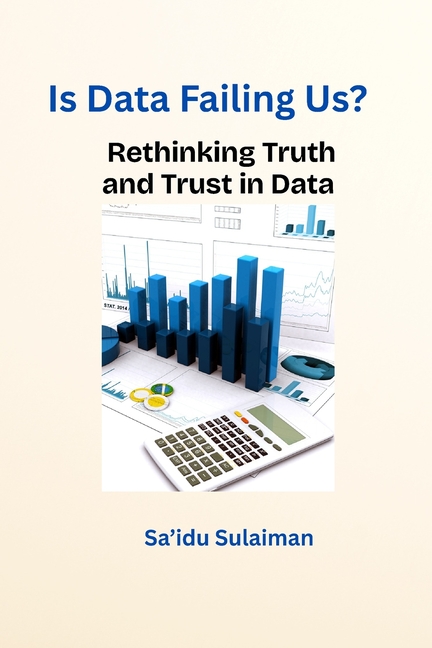Description
In a data-driven world, planning, decisions, policymaking and forecasts are often based on available data. If you're a business owner or manager, a government official, a disaster management expert, a digital journalist, an academic researcher involved in knowledge creation, or an advocate of criminal justice and data privacy rights, you need an all-encompassing, balanced answer to the question 'Is Data Failing Us?' As a general reader and consumer of data, information and knowledge published in books and journals or contained in conference papers, you need this answer because it helps you determine the course of personal and professional decisions, conduct and actions. The answer to this question, for example, can shape your belief in the existence or non-existence of God, and your personal or professional decisions and strategies for achieving success and managing risks.
The book aims to guide its audience that includes people running governments, businesses and charities as well as academics and research consultants, to rethink the truth or accuracy of data used for planning, prediction, policy, decision-making, and action. Consequently, it will guide all sections of the target audience to rethink their trust or reliance on data for these purposes. Individuals 'worshiping' empirical data or making it the sole basis for their religious beliefs or philosophies of life will also find this book very useful.
Like an unprejudiced judge whose judgments are informed by available evidence, my the arguments and conclusions in this book are backed by evidence, research findings and analysis that will engage and lead its audience to get an acceptable answer to the question 'Is data failing us?' and eventually reconsider truth and trust in data. While evidences include cited concepts, facts, ideas, examples, statistics, case studies and research findings from external sources that support the main issues raised in the book, research findings specifically refer to the outcomes of pure or applied researches carried out by faculty members (academics) research consultants, organizations and corporations.
As business people, managers, leaders, academics, journalists, individuals that rely on empirical data for their personal and professional decisions, and organizations advocating for data privacy rights, every chapter of the book counts in providing the needed evidence to answer the question 'Is Data Failing Us?'
Product Details
- Jul 2, 2025 Pub Date:
- 9798290316208 ISBN-10:
- 9798290316208 ISBN-13:
- English Language




